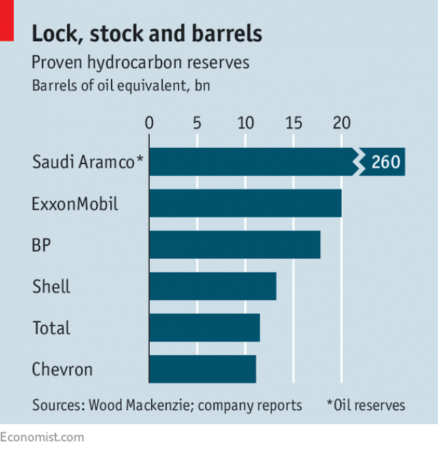Friday’s episode of “The Current” discussed the case of Michael Foster who — after warning the pipeline control centre to shut off the pumping stations — turned a valve to shut down the flow of bitumen through the Keystone pipeline in North Dakota. It’s a very self-conscious act of civil disobedience, with Foster sending video to the company in real time showing that the shutdown was imminent and discussing beforehand his expectation that he would be convicted of a crime (transcript / MP3).
Few who take climate change seriously would see this action as unjustified. Canada should have started shutting down the oil sands decades ago and should never have developed them to their current size. There is much debate, however, on the effectiveness of such actions. Their logic depends on influencing external actors: either the general public or the legal system.
Fairly recently my friend Stuart was involved in a non-violent direct action blocking automobile access to Heathrow airport. The objective was essentially “consciousness raising” (he said it was to “stir up the national debate about Heathrow”), that the willingness of activists to put themselves in legal jeopardy would make people accept how terribly unethical our casual use of air travel is.
In the Heathrow case, it’s hard for me to imagine that outcome. Air travellers are stressed and deeply entitled. They feel totally justified in complaining about any inconvenience, and I doubt more than a trivial number would reconsider the broad context of their air travel use when exposed to an action like this.
The situation discussed in the pipeline shutdown case podcast seems to offer a little more hope, largely because of the opportunity to use the legal proceedings as a vehicle for public education. Pipeline companies are already seen as villains by many, and the public and the courts may be more sympathetic to the value of disrupting them than of disrupting the air travel of ‘normal’ people. That said, the courts are a bad mechanism for trying to change climate policy for several reasons: they tend to defer to elected politicians on questions of policy, they can prohibit specific things but rarely order broad outcomes, and rulings requiring broad policy changes are often ignored.
We don’t have good options though. The general public are entitled, selfish, and determined to defend the status quo even when it imposes catastrophe on others. It’s common to say that they are apathetic, but I think that’s a misdiagnosis; it’s less that people have accepted the need to act but are unwilling to do so personally and more that they are constantly acting to support the system that is destroying nature and the prospects of all future human generations. They are unwilling to change their lives or their politics nearly enough or nearly quickly enough to avoid climate catastrophe. No political party in Canada, the U.S., or U.K. has a serious plan to meet the Paris Agreement targets, much less to actually avoid dangerous climate change. And so, in an unprecedented situation and with no good options, activists are trying what’s available and sacrificing their freedom to do so.
One of the most insightful comments about climate change is George Monbiot’s observation that:
[The campaign against climate change] is a campaign not for abundance but for austerity. It is a campaign not for more freedom but for less. Strangest of all, it is a campaign not just against other people, but against ourselves.
No matter how strong the scientific consensus and how undeniable the real-world evidence becomes, nothing so far has convinced people to take action even slightly commensurate with the scale of action required, and people turn all their intellectual and rhetorical skills to justify that inaction (such as by pointing to the other good things they do). Overcoming those psychological responses may be just as important as breaking the power of the fossil fuel industry in a global campaign that can keep us from imposing so much suffering on future generations that we threaten the very ability of human civilization to endure.
Related:

